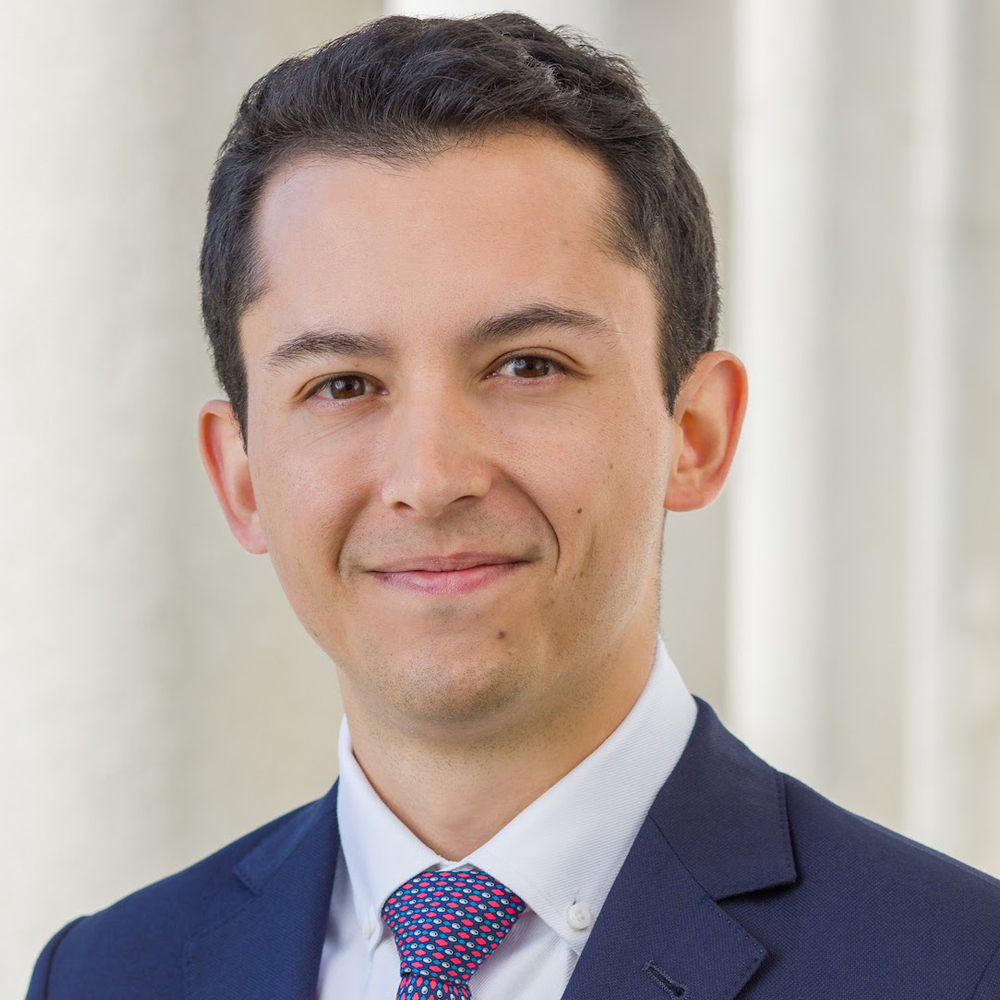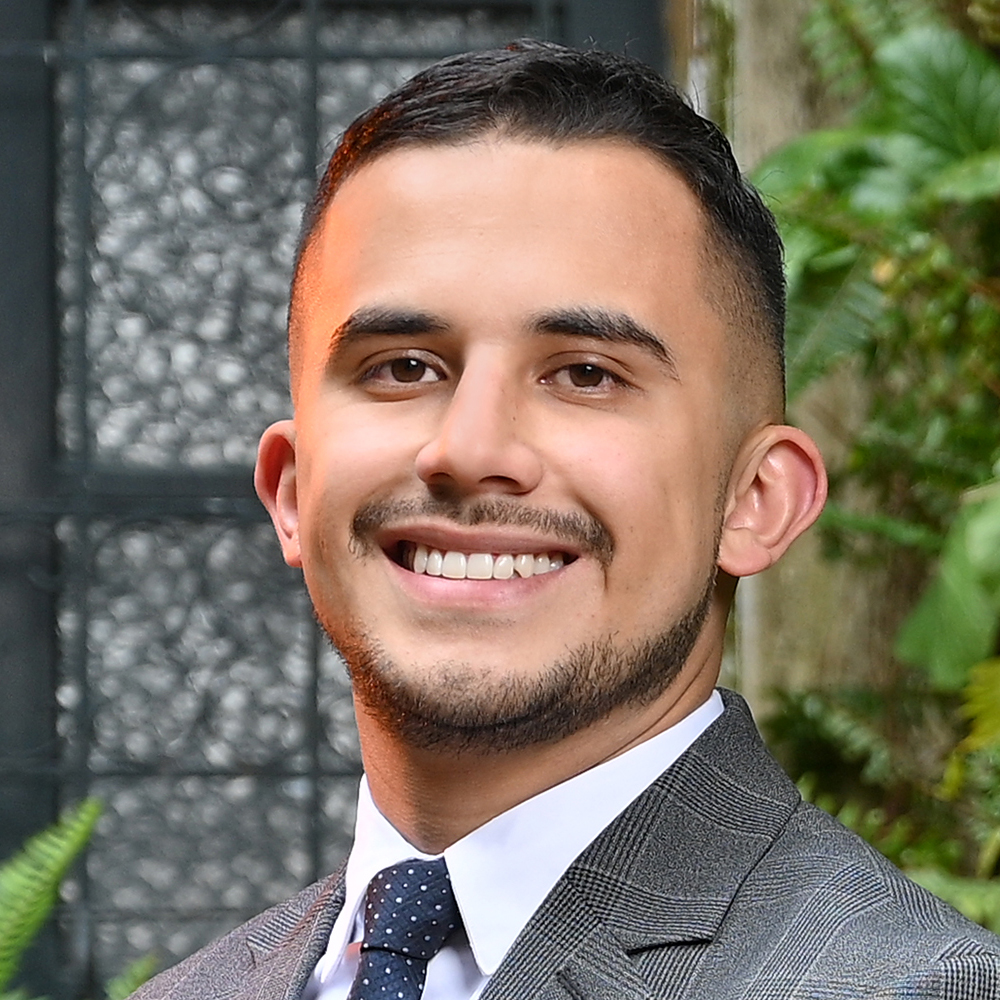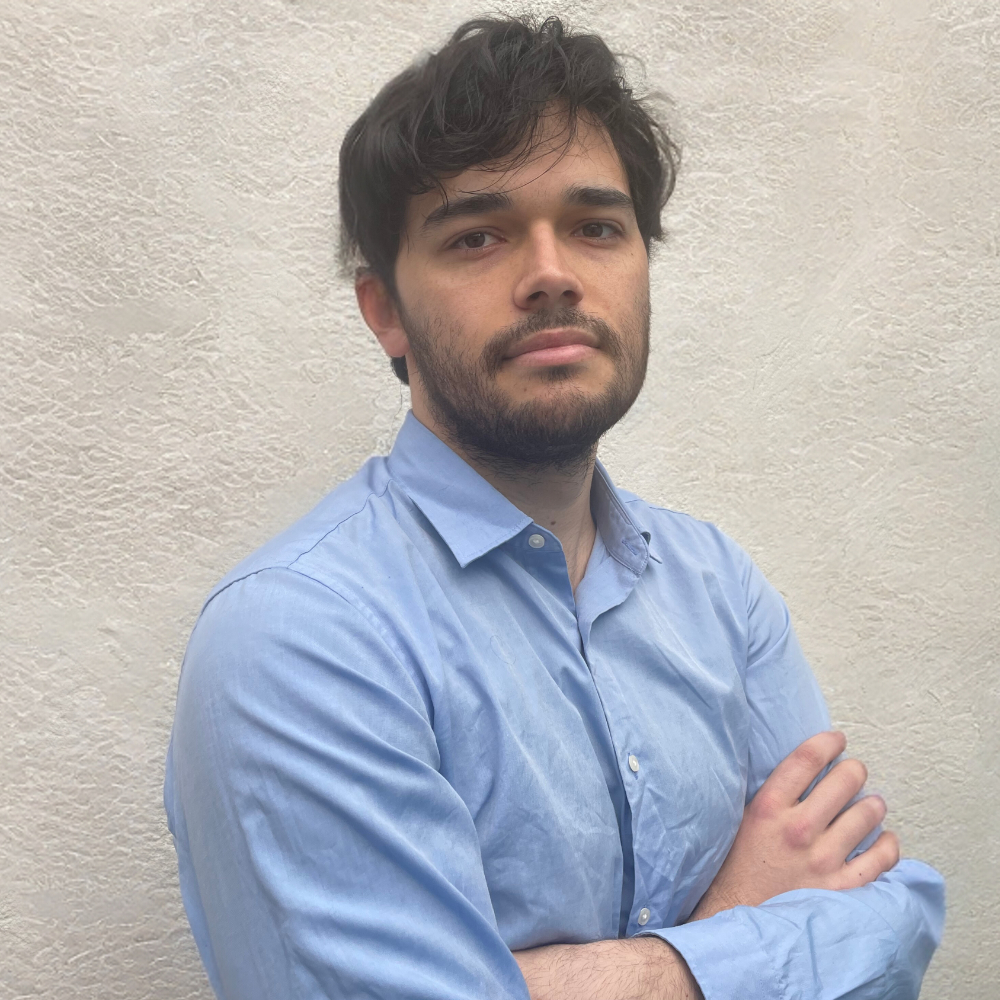Regional Partners

The goal of the Global Research Training Initiative is to expand access to pre-doctoral research opportunities for outstanding students at the masters or advanced undergraduate level with an interest in Political Economy, originating from universities in the Global South.
Fundamentals »
The program starts in late spring. Predoctoral fellows work remotely (from their home country). During the length of the program, fellows provide research assistance to faculty advisors’ projects (with potential co-authorship opportunities).
Faculty advisors lead regular one-on-one meetings with students working under their guidance to assess progress and introduce students to current literature and frontier techniques in the area of research, as needed.
Fellows also receive faculty guidance and peer feedback on their own projects in special sessions throughout the year. One of these meetings is in person, during a one week visit to Washington, DC. During this visit, students are able to interact more closely with peers and faculty, and participate in broader activities at Georgetown University and Johns Hopkins University.
Fellows have access to the online GRTI workshop series, which is designed to cover a number of different skills in empirical work in economics, and in the social sciences more broadly.
Regional Partners

2024-2025 Cohorts »
Faculty Advisors

Daniel Ramos-Menchelli
(Johns Hopkins University)

Michael Luca
(Johns Hopkins University)
Predoctoral Fellows

Paula Isabel Armas Braithwaite
(Argentina)

Sara Isabel Caicedo Silva
(Colombia)

Hernan Dario Cavajal Valderrama
(Colombia)

Juan Cruz Duhalde
(Argentina)

Juan Esteban Garzon Restrepo
(Colombia)

Kevin Andres Güelfi
(Argentina)

Jesus David Martinez Hernandez
(Mexico)

Gabriela Mejia Becerra
(Colombia)

Mateo Servent
(Mexico)

Nicolas Benjamin Valle Correa
(Chile)

Manzano Quiroga Jeremias Angel
(Argentina)

Joaquin Barrutia Alzarez
(Mexico)

María Sol Alzu
(Argentina)

Gaspar Arias
(Uruguay)

Agustin Duarte Baracat
(Argentina)

Lucia Bertoletti
(Uruguay)

Gabriel Caseiro
(Brazil)

Guillermo Mondragon
(Mexico)

Ernesto Avila Ortiz
(Mexico)

Emilia Osorio
(Mexico)

Eduardo Zago
(Mexico)
GRTI Background »

Pre-doctoral programs have become a key component of admission criteria for top Ph.D. programs in Economics and Political Science. Only a few years back, applicants were largely selected based on undergraduate and master’s coursework, GRE scores, and recommendation letters. Today, previous research experience has become a first order criteria for selection of talent, as GRE scores and academic records have become less informative to distinguish candidates at the top of the distribution. The rising importance of Pre-doc programs has benefited departments, who are able to make decisions with applicant information that is highly correlated with expected academic output. It has also benefited the pre-doc applicants, as it allows them to have a clearer understanding of the production of research, and endows them with tools that allow them to “hit the ground running” after their first year in the Ph.D.
Unfortunately, the rise of pre-docs in Ph.D admissions has also meant a significant increase in inequality of access, as students in the global south are to a large extent excluded outright from the pre-doc selection pool, due to both physical distance and weak network connections. By limiting the access of students in the global south to top PhD programs in the US and Europe, this trend could deprive those countries of valuable human capital and network building opportunities. Indeed, in most countries, PhD economists play a crucial role in the design, implementation, and management of governmental policies. The lack of active network connections with various institutions in the US and Europe could also hinder the development of top universities in the global south, which are key for local development.
The goal of the Global Research Training Initiative is to expand access to pre-doctoral research opportunities for outstanding students at the masters or advanced undergraduate level with an interest in Political Economy, originating from universities in Latin America, Africa, Eastern Europe and Asia.